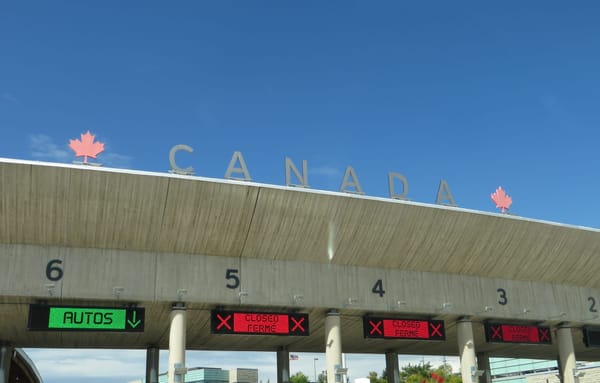The anti-immigration backlash across the West has now spread to Canada, a country that enshrined multiculturalism as official policy in 1988, the majority of whose citizens have been amenable to high levels of immigration since the late ‘90s. This increased opposition comes on the heels of a sharp increase in immigration spearheaded by the Liberal government of Justin Trudeau. The proponents of this approach, who include not just politicians but many business leaders, are certain the influx will bolster the Canadian economy and rescue the country from a population pyramid perched on the edge of reversing as the population ages and birth rates continue to decline. Critics, in turn, accuse the government of seeking the ethnic replacement of the native population.
The economic optimism as well as the demographic dismay around Canadian immigration rates seem to be based on headline numbers and flashy graphs, often depicting dramatic exponential growth curves. Few question whether the recent rise in migration—let alone the steady increase in the last few decades—can be projected to continue for another two decades, yielding the effects either hoped for or feared.
